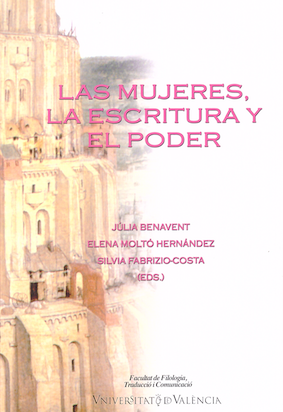Militancia y compromiso literario de Juana Manuela Gorriti
DOI:
https://doi.org/10.7203/qf-elit.v17i0.3439Keywords:
Juana Manuela Gorriti, Argentinian literature, XIX century, literary career, autobiographical piecesL, social and political commitment Abstract
Abstract
Juana Manuela Gorriti, the most renowned argentine novelist of the XIX century, was born in Horcones in the Province of Salta, Argentina, into a family involved in the independence struggle.
The political rivalry between Unitarians and Ferderalists forced the Gorriti family to abandon their land going into exile in Tarija, Bolivia. At the young age of 15, Juana Manuela marries the controversial Bolivian General Manuel Isidoro Belzú.
Abandoned by her husband, she subsequently migrates with her daughters to Peru, where she consolidates her literary career, founds a women’s college, and starts her own literary circle.
Through a consideration of two of her autobiographical pieces, this paper will show how as an educator, novelist and literary critic, Juana Manuela actively participated in public life and became involved in important historical events involving the three mentioned countries by then devastated by civil strife.
 Downloads
Downloads
Downloads
Published
How to Cite
-
Abstract575
-
PDF (Español)1597
Issue
Section
License
 Este obra está bajo una licencia de Creative Commons Reconocimiento-NoComercial-SinObraDerivada 4.0 Internacional.
Este obra está bajo una licencia de Creative Commons Reconocimiento-NoComercial-SinObraDerivada 4.0 Internacional.
Authors who publish with this journal agree to the following terms:
- Authors retain copyright and grant the journal right of first publication with the work simultaneously licensed under a Creative Commons Attribution License that allows others to share the work with an acknowledgement of the work's authorship and initial publication in this journal.
- Authors are able to enter into separate, additional contractual arrangements for the non-exclusive distribution of the journal's published version of the work (e.g., post it to an institutional repository or publish it in a book), with an acknowledgement of its initial publication in this journal.
- Authors are permitted and encouraged to post their work online (e.g., in institutional repositories or on their website) prior to and during the submission process, as it can lead to productive exchanges, as well as earlier and greater citation of published work (See The Effect of Open Access).




